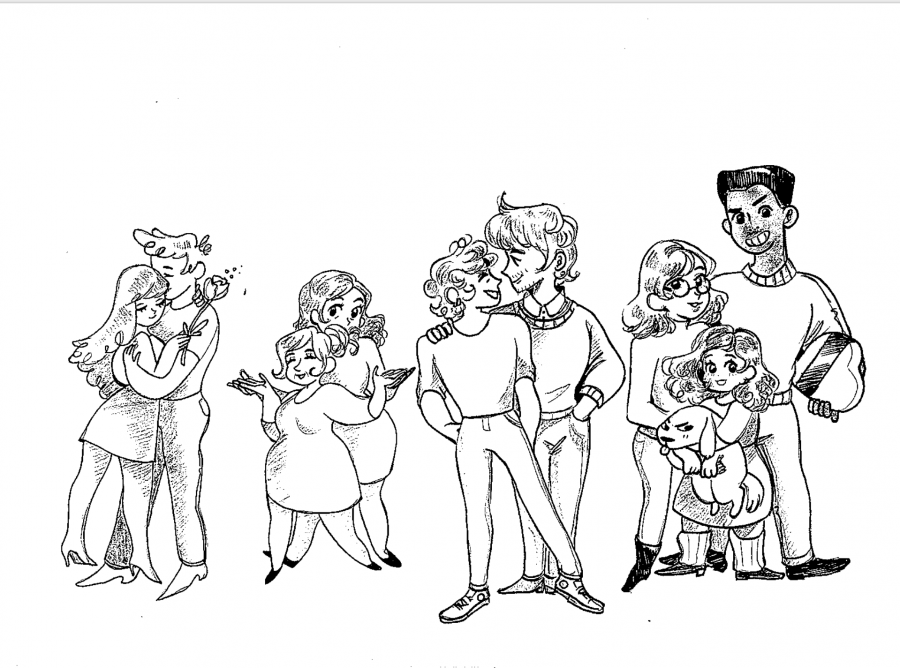By Kaydee Donohoo
Staff Writer
The issue of using classical music in commercials has been addressed in my previous article about my love of the music form in general. I need to elaborate on why I seriously hate when masterpieces of classical are used to sell people stuff.
The example I in the past article was how Mozart’s “Requiem” was in the background of a commercial with a family comically disgruntled after surviving a chaotic plane ride. I wouldn’t have even noticed Mozart was in the background but, that particular piece was one I played frequently on my YouTube playlist as a sophomore in high school.
I was a little annoyed, but happy I could impress my mother with my ability to place the music. In her eyes I amazingly knew every classical music piece ever, rather than just happening to know that one in particular.
Recently I watched the biographical drama (also a dark comedy if you ask me) “Amadeus,” which is about Mozart’s life as told through his envious amateur rival. I discovered that Mozart wrote this requiem on his deathbed, and later discovered that he may have considered it his own requiem, or “death mass.”
This powerfully moving and hauntingly beautiful piece was composed by a musical genius confronted with the fact that it would be his last piece.
The admiring public would hear only the piece after its creator was gone.
It was the freest from of creation from an artist with no inhibition of getting to have a “tomorrow” to hear disapproval or to do better.
And now we hear it as a fictitious family walks down a hallway, so viewers will go to a website.
I really don’t want our society to just forget about this these works. I’ve heard the argument that it’s still a way for people to be exposed to classical. It’s saddening to think, however, that this might be the only way this form of art be collectively heard.
Sure, through commercials we listen to the masterpieces. But do we recognize that we know them? Do we hear them as art?
Not to mention that it’s only background music in the commercial. People don’t even know if they fully enjoy what sound waves they hear. I didn’t really even notice it. It registered because I recognized it. People absolutely might not care for a piece, but listeners should have the chance to decide for themselves.
One of my favorite things about classical music is the imaginary places I create when listening, or the sort of daydreams I construct from my own life.
Classical music should have the freedom to mean what people want it to, and to incur their own emotions and visuals behind it. I’m so tired of corporations telling us what to think about when hearing a certain piece, even long after the commercial is over.
That is not to say that there is no respectful way to incorporate classical music into a television screen. For one thing, there is something witty and artistic about “Looney Tunes” that will never lead me to mind Bugs Bunny and Elmer Fudd hashing it out to the “Barber of Seville.”
The writers even went as far as to have Bugs Bunny as a conductor with the backdrop of a piece at an orchestra for the entirety of a couple cartoons beginning to end. They knew that was all you needed for quality entertainment.
I draw the line, however, when art is commercialized—especially the art that came from history’s most loved composers’ deathbeds.
I would gladly give up my boost of confidence when I can name a piece in a show or commercial and impress those around me, to keep the music pure. It really just means a piece I loved well enough to recognize will now be remembered as something from “that commercial I saw.”



















